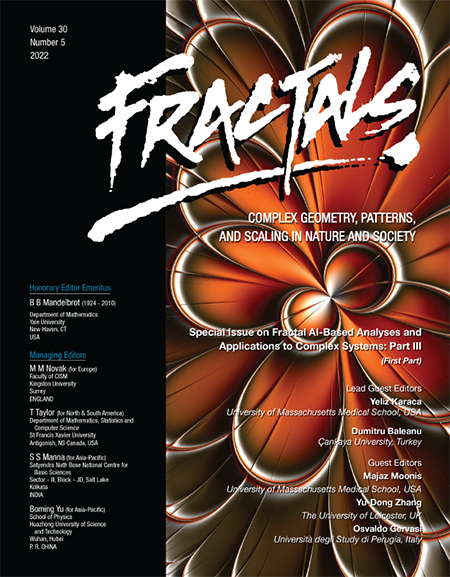CAPUTO-BASED MODEL FOR INCREASING STRAINS OF CORONAVIRUS: THEORETICAL ANALYSIS AND EXPERIMENTAL DESIGN
Abstract
One of the most severe and troubling diseases these days is COVID-19 pandemic. The COVID-19 pandemic’s dangerous effects are extremely rapid, and infection normally results in death within a few weeks. As a consequence, it is important to delve deeper into the complexities of this elusive virus. In this study, we propose a Caputo-based model for increasing COVID-19 strains. The memory effect and hereditary properties of the fractional variant for the model enable us to fully comprehend the dynamics of the model’s features. The existence of unique solution using the fixed-point theorem and Arzelá–Ascoli principle as well as the stability analysis of the model by means of Ulam–Hyer stability (UHS) and generalized Ulam–Hyer stability (GUHS) have been discussed. Furthermore, the parameters of the model are estimated using 3 months data points chosen from Nigeria using the nonlinear least-squares technique. The best-suited parameters and the optimized Caputo fractional-order parameter α are obtained by running simulations for both models. The proposed model is shown to comprehend the dynamical behavior of the virus better than the integer-order version. In addition, to shed more light on the model’s characteristics, various numerical simulations are performed using an efficient numerical scheme.


